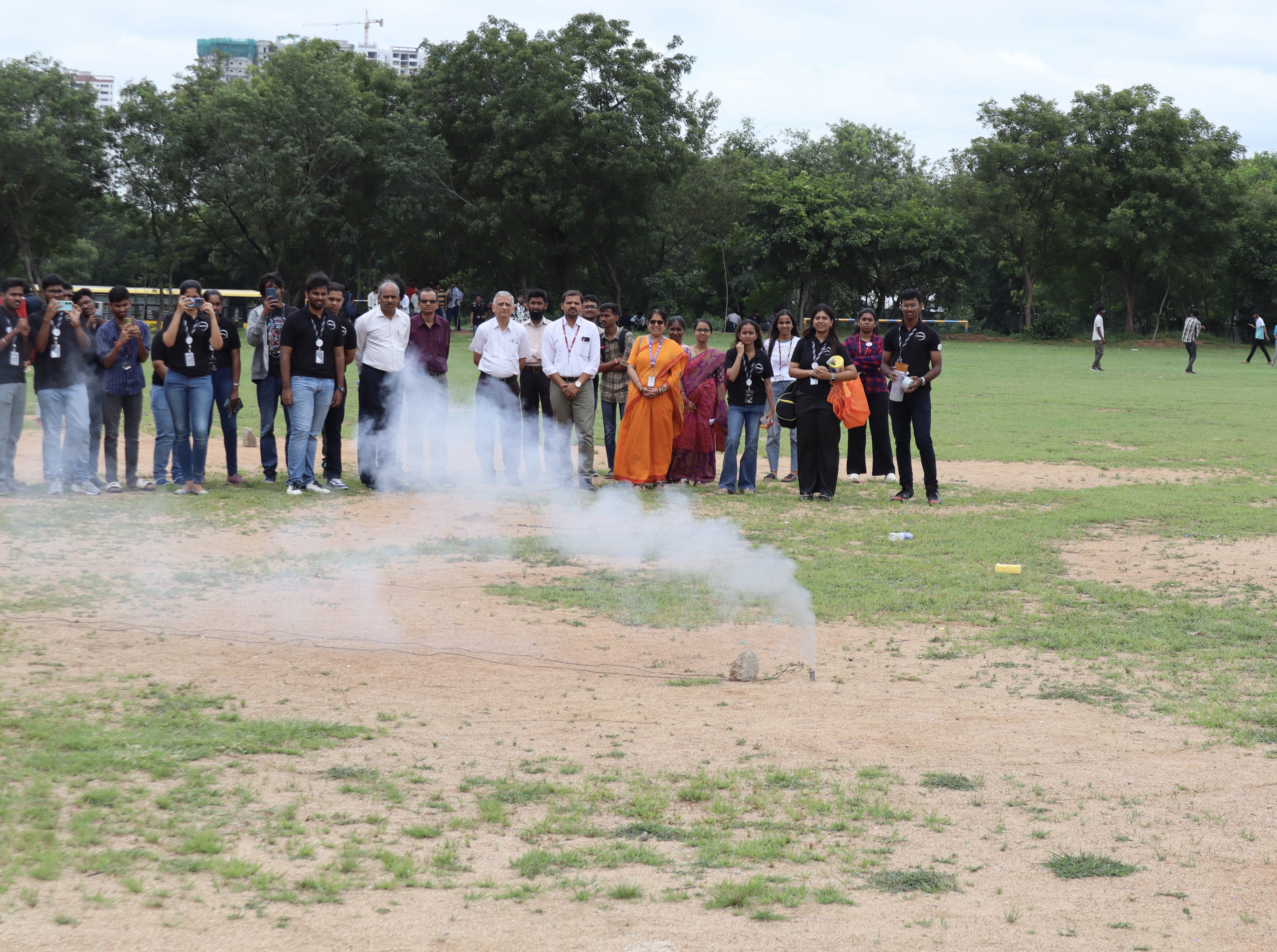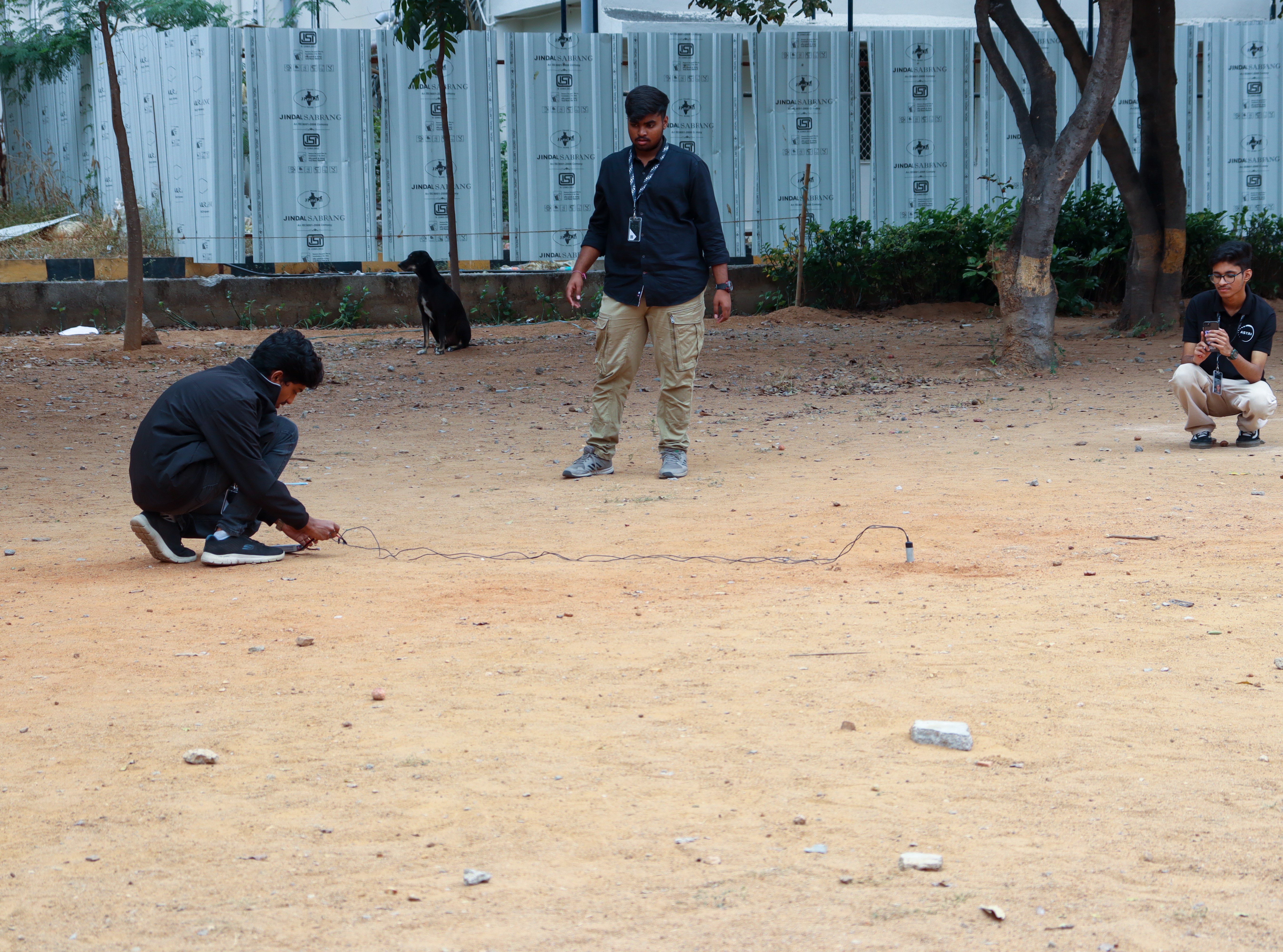TEAM ROCKET PROPULSION LABORATORY
TEAM ROCKET PROPULSION LABORATORY
This comprehensive project involves developing a high-performance rocket with four critical subsystems: Propulsion, Avionics and Control, Structures and Materials, and Safety and Compliance. The Propulsion domain focuses on developing a solid motor for optimal performance, adhering to safety standards. Avionics and Control manage microcontroller selection, navigation, and recovery systems, ensuring precise control and effective data monitoring.
Structures and Materials ensure the rocket's structural integrity, compatibility, and heat protection. Safety and Compliance cover safety procedures, environmental impact, legal compliance, and community engagement. The project spans two years, emphasizing a systematic and safety-conscious approach from planning through launch to post-mission activities.
MEET THE TEAM
Team RPL's Event Spectra
ASTRA RPL Team Projects
1. Aerodynamic analysis of rocket nosecone in supersonic regimes:
Various nosecones including those of the Von Karman series were tested using AnSYS Fluent at supersonic speeds of Mach 1 and 1.5. The temperature dissipation was studied.
2. Design and 3-D printing of a mandrel and its environmental testing:
A mandrel to cast the solid rocket propellant in its casing was designed and 3D printed using PLA. It was also tested for its endurance and rigidity.
3. Conceptualization of an Arduino-based onboard data logging system for a 1km high-power rocket:
The Onboard data logging system based on Arduino microcontrollers was realized to collect scientific and engineering data from High Power Rocket during a flight. It is expected to gather temperature, barometric, gyroscopic, and accelerometry data during the flight.
4. Preliminary analysis of the mission profile and flight path of a 1 km altitude rocket:
The mission profile of the 1 km altitude high-power rocket was determined using OpenRocket. Various other parameters as to maximum velocity, motor burnout, and time of apogee were determined as well.
ACHIEVEMENTS















